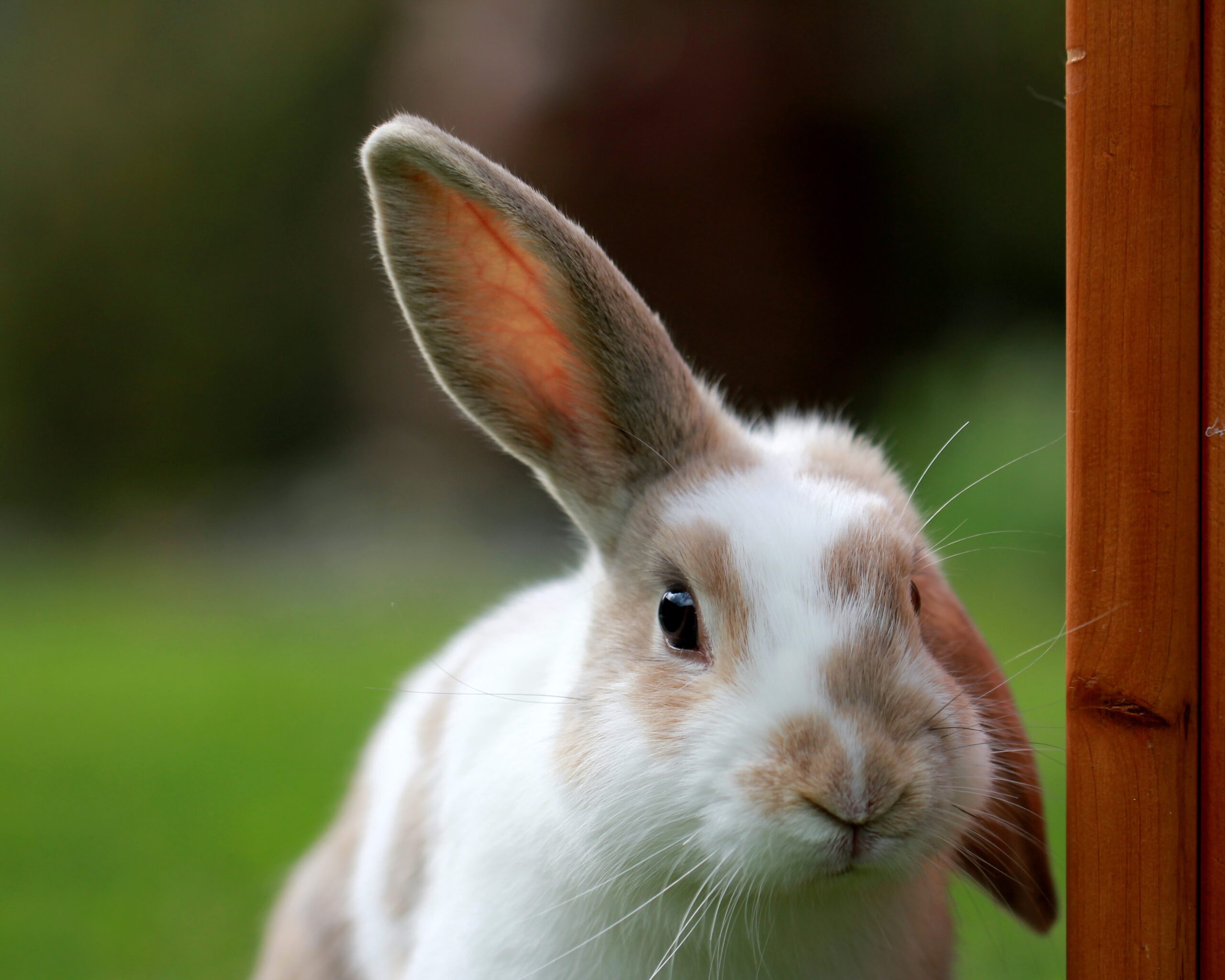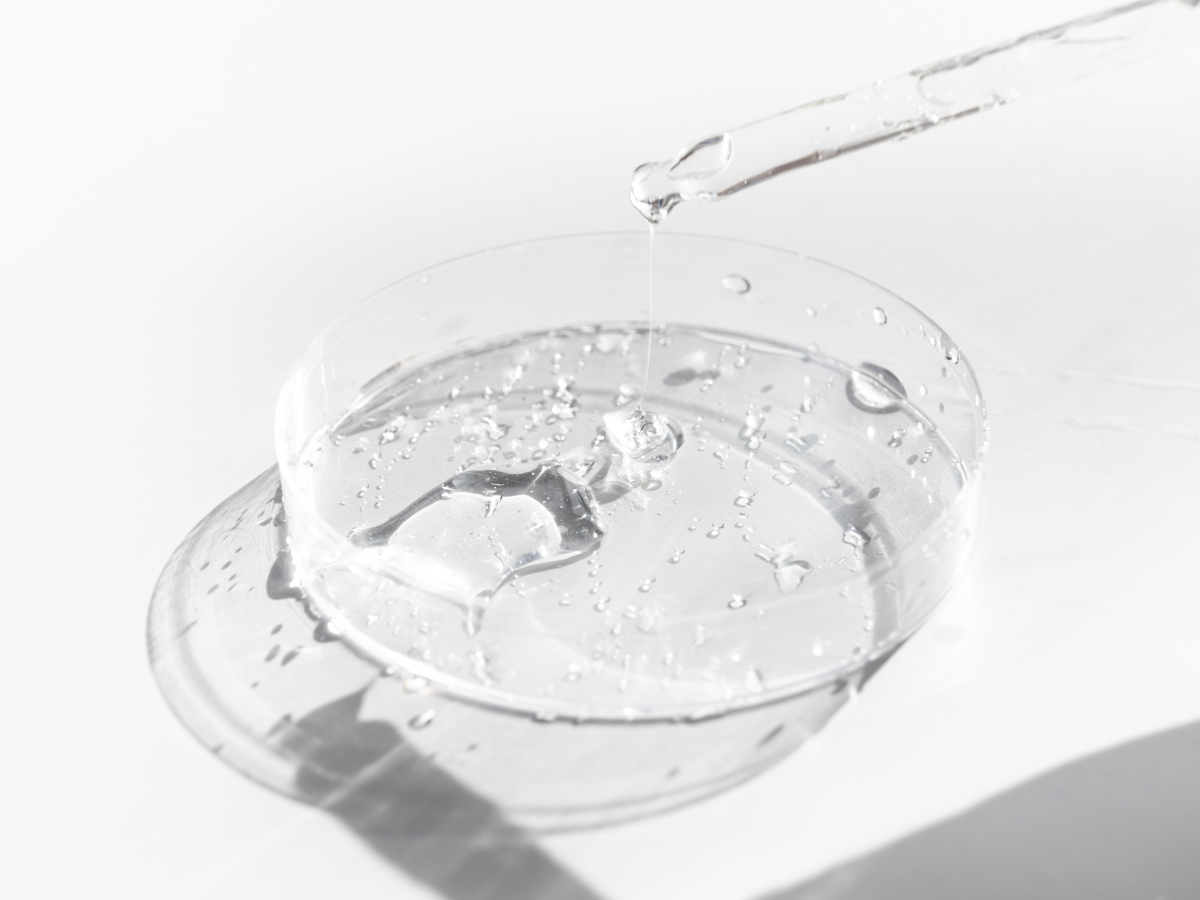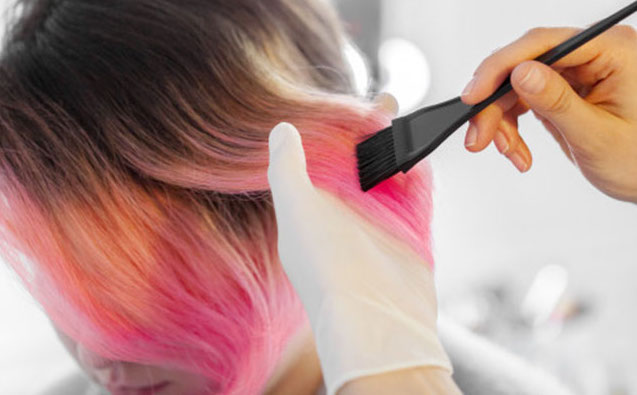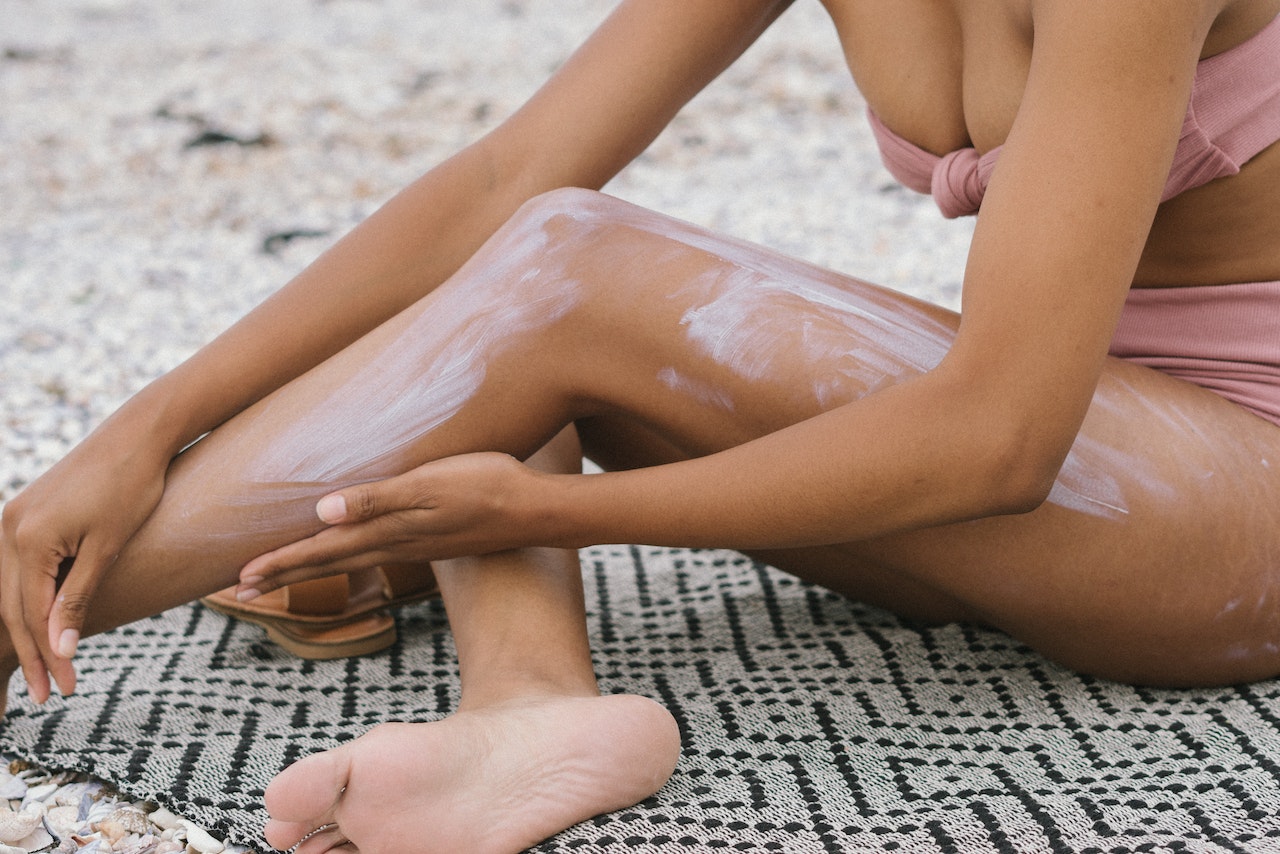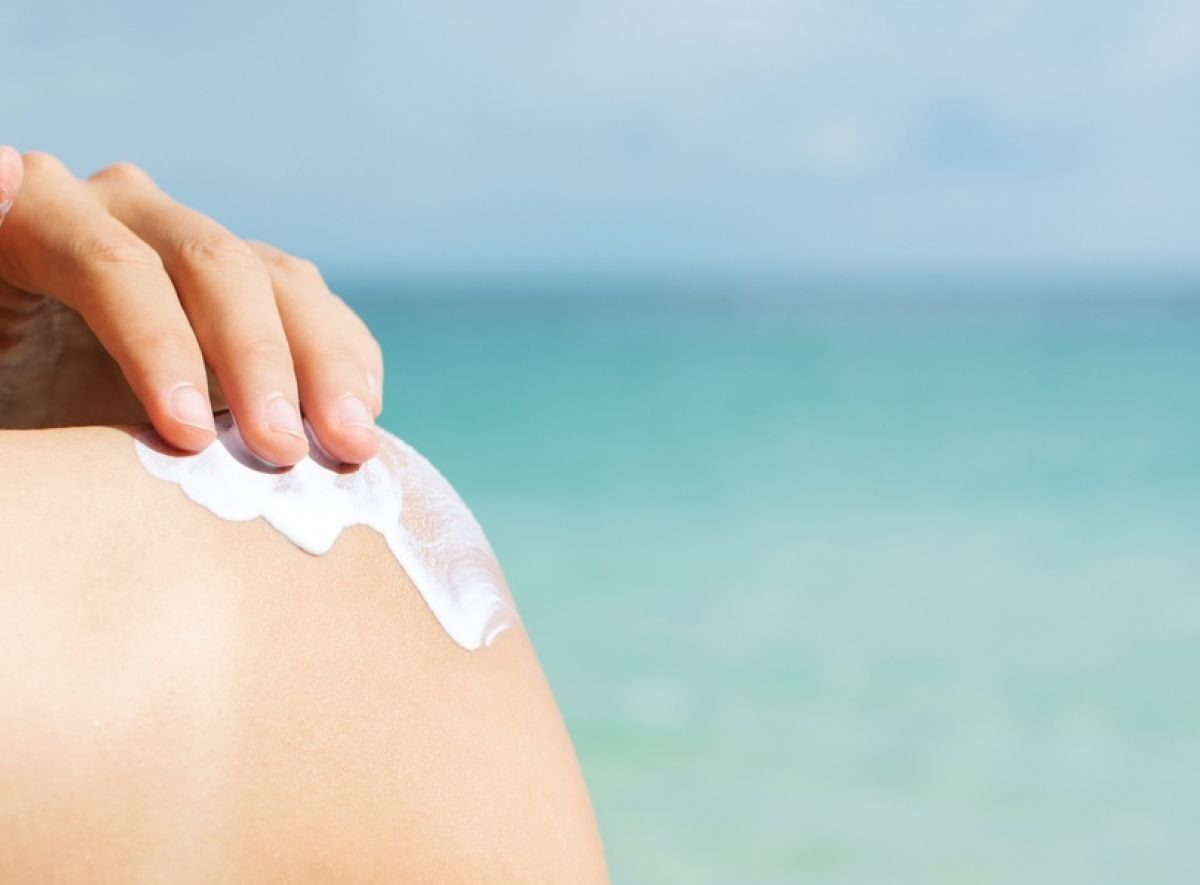CHINA’S NEW ANIMAL TESTING POLICY
Animal testing was mandatory for all imported cosmetics before making them available in the Chinese market. China’s animal testing laws were aplicable to cosmetics sold in all physical retail stores, but not to cosmetics sold online or in Hong Kong, Macau and Taiwan. Chinese laws allowed companies to manufacture their products (general products previously known as ‘non-special use’) in China so they could avoid pre-market animal testing.
The implementation of a new Cosmetics Supervision and Administration Regulation (CSAR) has come into force on 1st of January (2021). On the 4th of March (2021) the National Medical Products Administration (NMPA) released the final versions of the two regulations: Provisions for Management of Cosmetic Registration and Notifications Dossiers (previously called as Instructions for Cosmetic Registration and Notification Dossiers) and Provisions for Management of New Cosmetic Ingredient Registration and Notifications Dossiers. The key goal of such regulations is to standardize and guide the registration and filing of new cosmetic materials and products. The documentation requirements for application, modification, renewal and cancellation of a cosmetic registration and notification are specified on these regulations. These sub-regulations under the CSAR are coming into force on May 1st (2021).
China’s new regulation states that animal testing will no longer be mandatory for imported ‘ordinary’ cosmetics. Data obtained from non-animal alternative methods will start to be accepted (conditionally) by authorities in order to register and notify new cosmetic ingredients.
The so called ‘ordinary’ or general’ cosmetics are defined as products that do not have specific claims (not used for a special purpose) such as skin whitening, anti-ageing and anti-acne, for example. Products like shampoo, body wash, lipstick, lotion and make up are considered ‘ordinary’ products; on the other hand, hair dyes, bleaching products, freckle-removal and whitening products, sunscreens and hair-loss products are ‘special products’ and still need to undergo animal testing in China.
Companies that want to qualify for animal testing exemption must fulfil two main requirements:
- The safety assessment results have to fully confirm the safety of the product;
- The manufacturer needs to have a certificate of Good Manufacturing Practice (GMP).
The required GMP certificate must be issued by the relevant regional or national authorities (and not by associations) from the country where the company is situated. This can be a problem, especially for companies located in European Union (EU) and United States (US), as usually the GMP certificates are not handed out by government agencies but by associations or private auditing companies. The French National Agency for the Safety of Medicines and Health Products (ANSM) will start to issue GMP certificates to manufacturers, which makes France the first country in the EU to be able to fulfil this requirement and qualify for exemptions on animal testing. This country has developed an online platform which will allow manufacturers to obtain GMP certificates.
Products that are intended to be used by children or infants are also excluded from the animal testing exemption. Moreover, animal testing needs to be performed in cosmetic products using new cosmetic ingredients (under a 3-year monitoring period) and whenever the notifier, responsible person or manufacturer is listed as a key supervision target according to NMPA’s quantitative rating system.
The NMPA stated that one of the main objectives of this new policy was to “fully consider and adopt the opinions of importing companies that some countries and regions have implemented the marketing ban on animal testing of cosmetics and cannot submit animal test data, and conditionally accept the toxicology test data of animal alternative methods”.
Although it does not cover all types of cosmetics, China’s new regulation is considered a major breakthrough and a step forward towards a worldwide “cruelty-free” and “animal-friendly” cosmetic industry.
References:
- China Finalizes Dossier Requirements for Registration and Notification of Cosmetics and New Cosmetic Ingredients. Chemlinked. Mar 04, 2021. Available at: https://cosmetic.chemlinked.com/news/cosmetic-news/china-finalizes-dossier-requirements-for-registration-and-notification-of-cosmetics-and-new-cosmetic-ingredients
- China animal testing: Exemptions for testing on ‘ordinary’ cosmetics star in May – officials. Cosmetics Design Asia. Mar 08, 2021. Available at: https://www.cosmeticsdesign-asia.com/Article/2021/03/08/China-animal-testing-Exemptions-for-testing-on-ordinary-cosmetics-start-in-May-officials
- China Announces New Animal Testing Policy for Cosmetics After PETA Push. People for the Ethical Treatment of Animas (PETA). Mar 08, 2021. Available at: https://www.peta.org/media/news-releases/china-announces-new-animal-testing-policy-for-cosmetics-after-peta-push/

